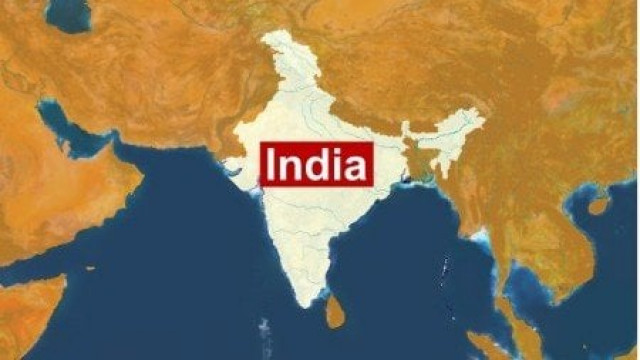Indian project aims to cut deaths in childbirth

“I’d learned from the health worker that when the baby was quiet like that it was a very bad sign,” said Diyal, 30.
“I rushed to hospital and they did a Caesarian and now I have my boy,” Diyal says, proudly cradling her sleeping four-month-old son at a school in Hardoi village, in northern Uttar Pradesh state.
India is one of the world’s worst places to be a mother. A quarter of all maternal and newborn deaths occur in India - 78,000 mothers die giving birth every year and a million babies die within their first month of life.
Sure Start, a project funded by the Bill and Melinda Gates Foundation, is seeking to educate health workers and women in poor villages about danger signs for pregnant mothers and newborns.
Launched in 2006 in Uttar Pradesh and western Maharashtra state, the project aims to supplement scanty training of government health workers so they can do lifesaving trouble-shooting.
“We aren’t trying to reinvent the wheel, we’re working within the system to enrich the knowledge of government health care workers so they can spot danger signals better,” says Sure Start head Shilpa Nair.
The 25-million-dollar programme works in villages where there are no paved roads and homes are one-room, unfurnished mud and thatch huts.
The danger signs the the health workers and mothers are taught to watch for are basic - unusual discharges, lack of foetal movement, headaches or high fever.
As part of its work, Sure Start encourages pregnant women to assemble a basic childbirth kit.
“I’ve got one ready for my baby,” says Krishna Manohar, 20, nine months pregnant with her first child.
Manohar shyly displays the contents of a white plastic bag - a soap bar, a sterile razor blade to cut the umbilical cord and a clean cloth to wrap the baby.
The scheme also encourages women to put aside a small sum for emergencies when the baby comes. Manohar has saved Rs150 rupees in a small red purse.
Through meetings, games, discussions and home visits, the project attempts to challenge age-old traditions surrounding pregnancies and child care.
“People here used to think childbirth was unclean and so when we delivered we were taken to the dirtiest place in the house where they kept the cows,” says Kalma Devi, 35.
Save the Children says 74 percent of maternal deaths in childbirth could be avoided if they had care for complications.
Now those in the villages where Sure Start operates are much more aware of safe delivery practices, district medical officer Dr AK Singh told AFP at his rural clinic.
But the schemes target just 24.5 million in a country of 1.2 billion people.
“Where this programme operates we see women getting much better care but the situation in other parts of the countryside is desperate,” Singh said.
Published in the Express Tribune, May 29th, 2010.



















COMMENTS
Comments are moderated and generally will be posted if they are on-topic and not abusive.
For more information, please see our Comments FAQ